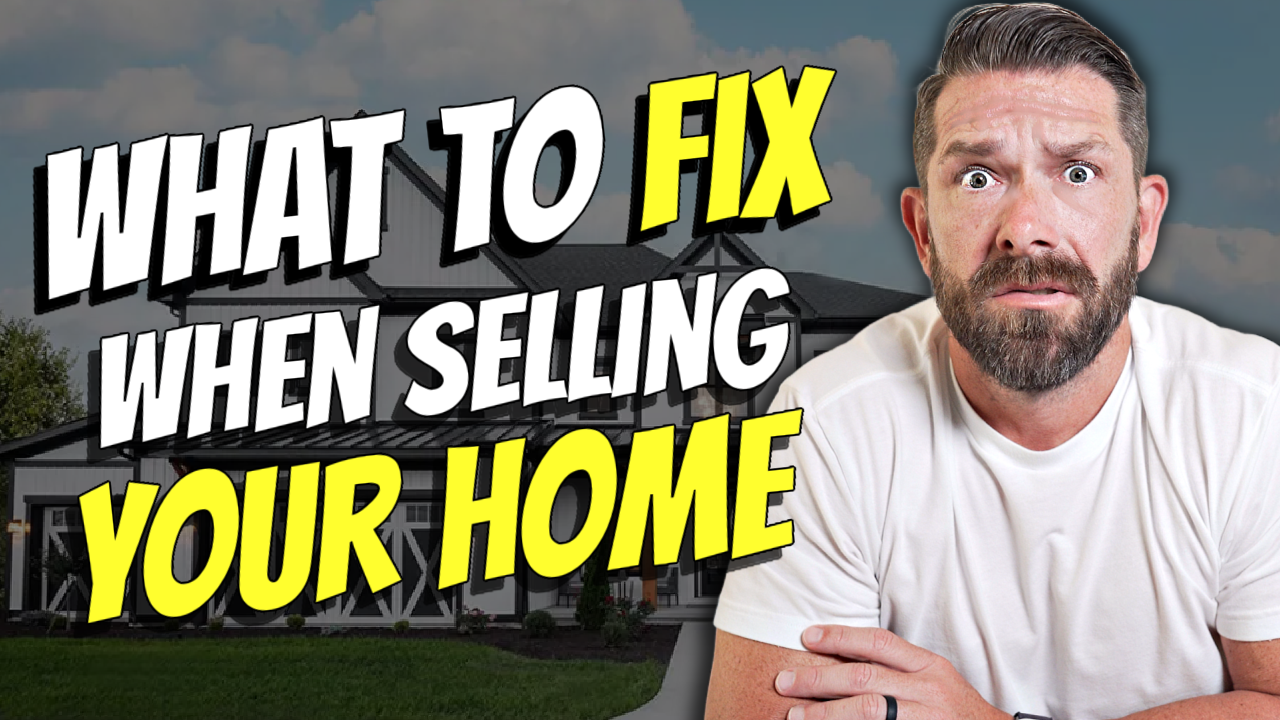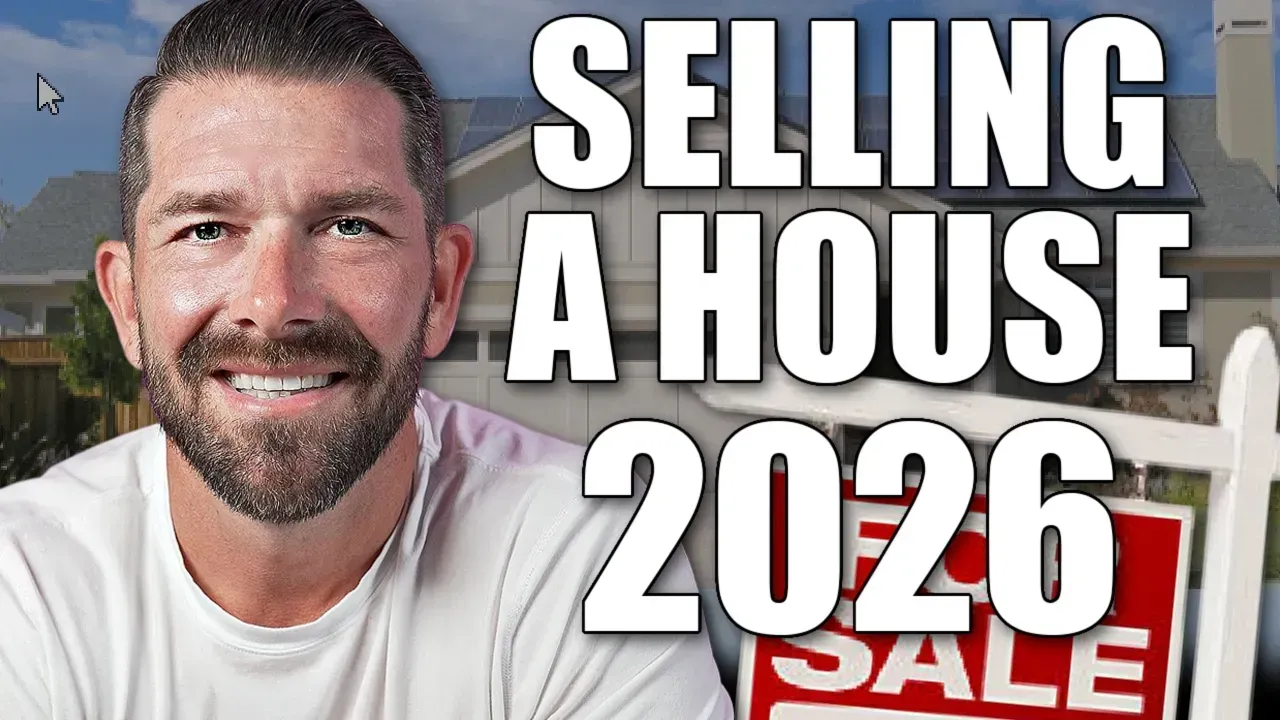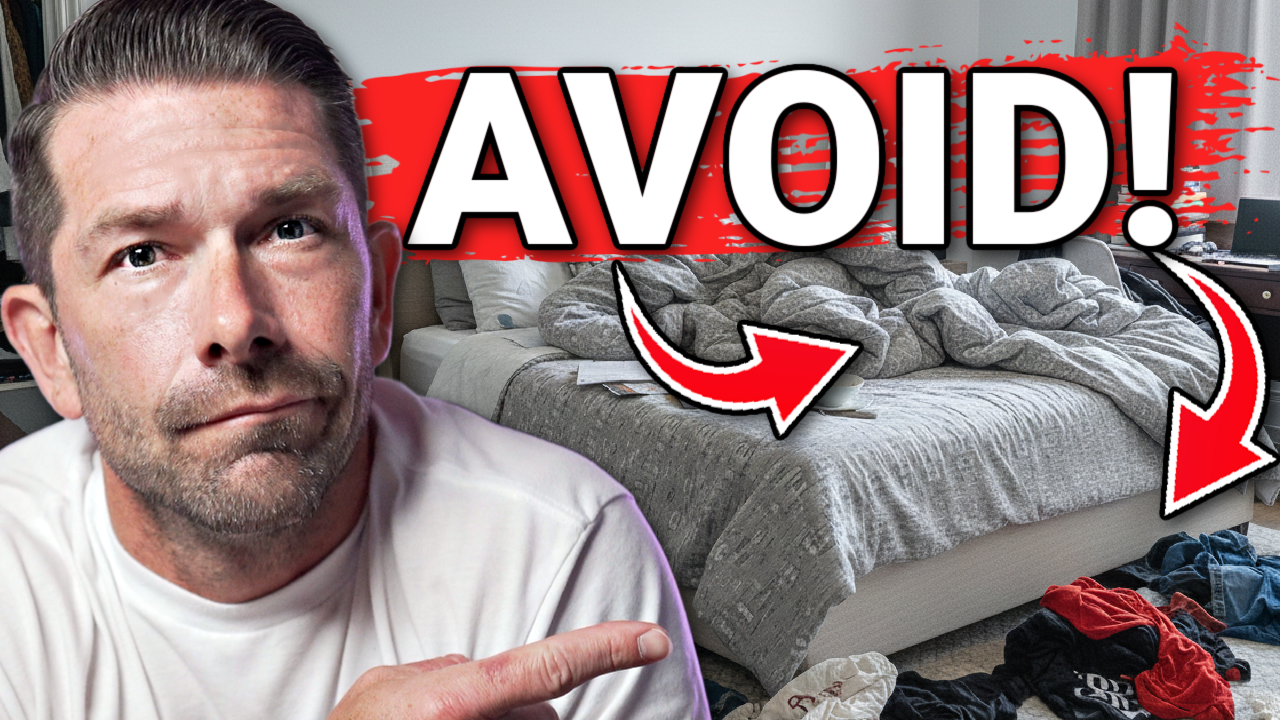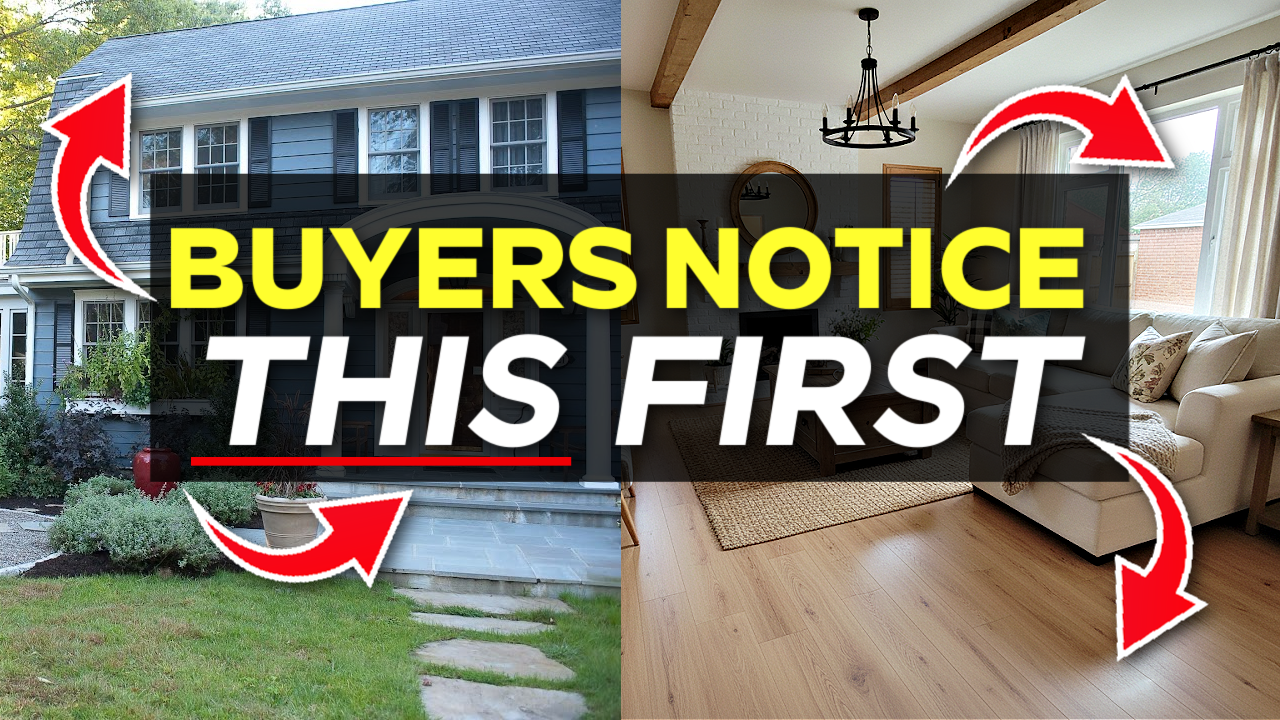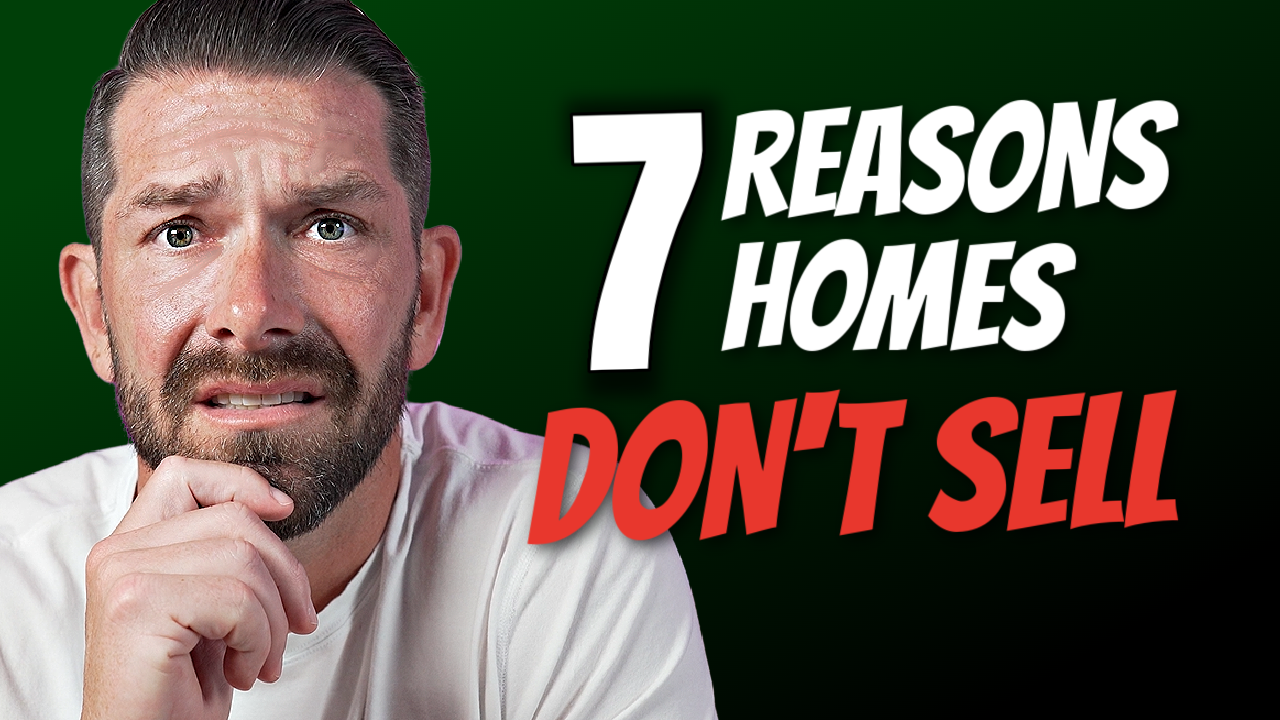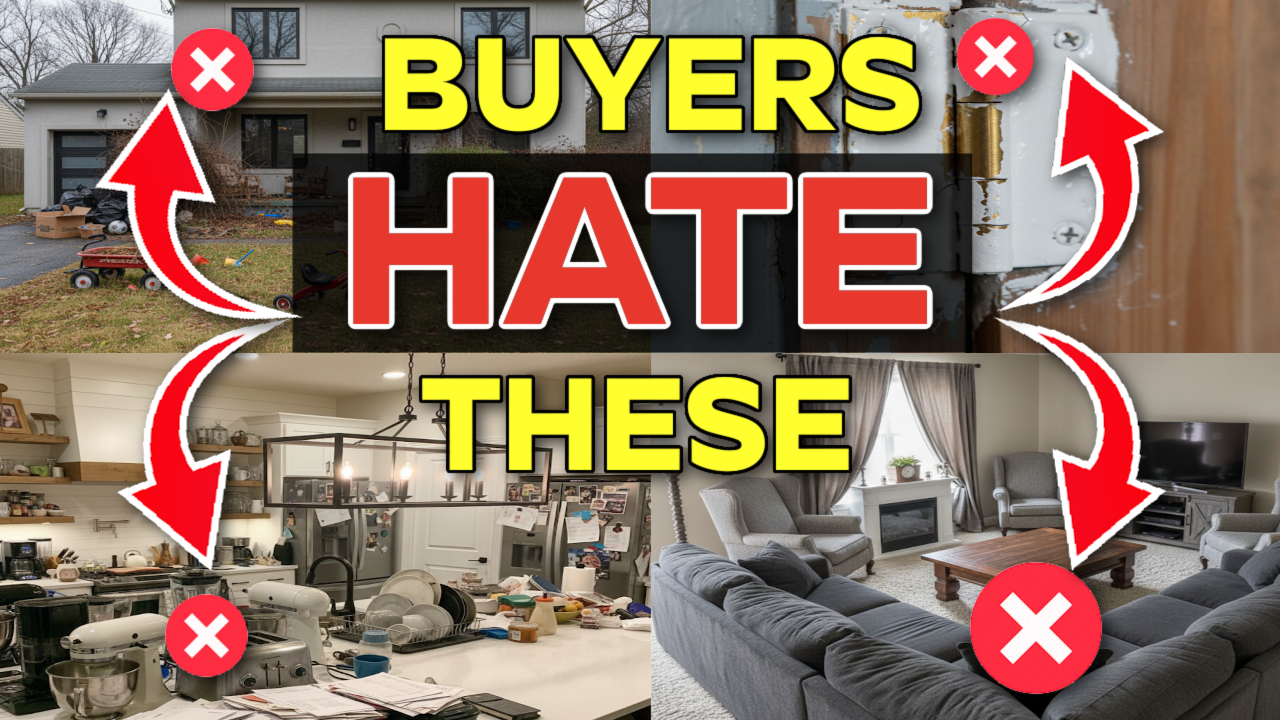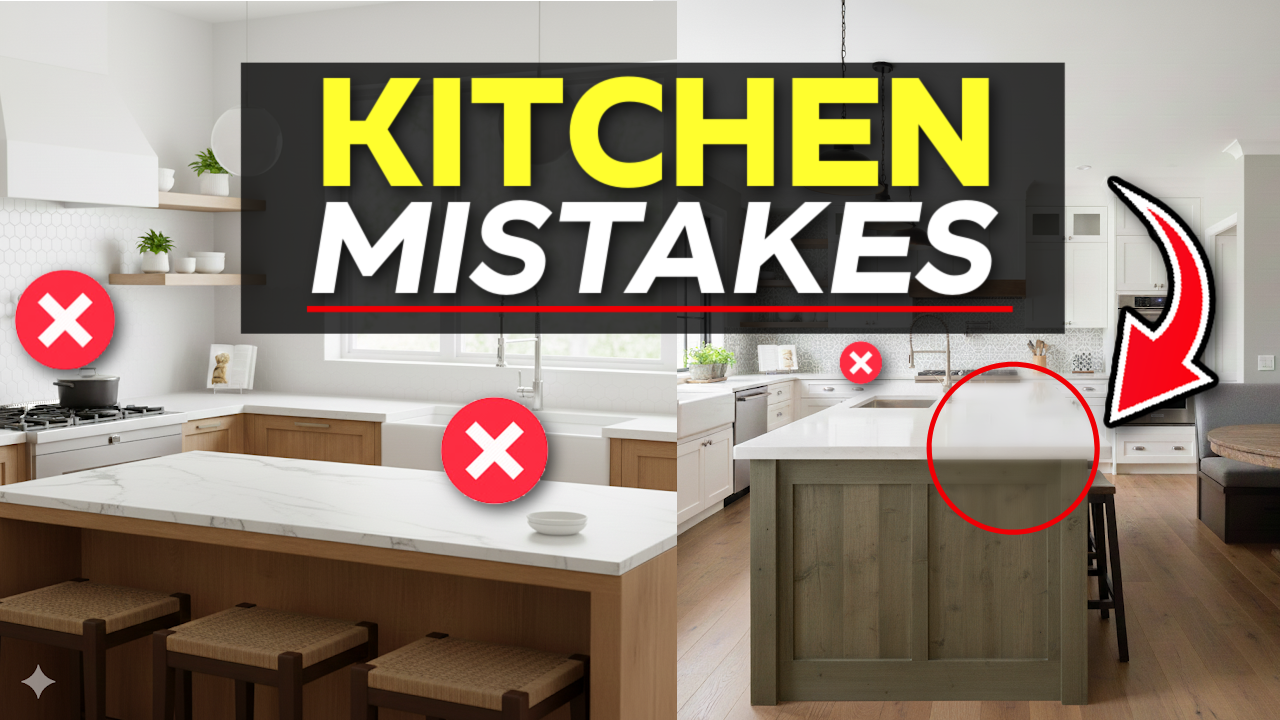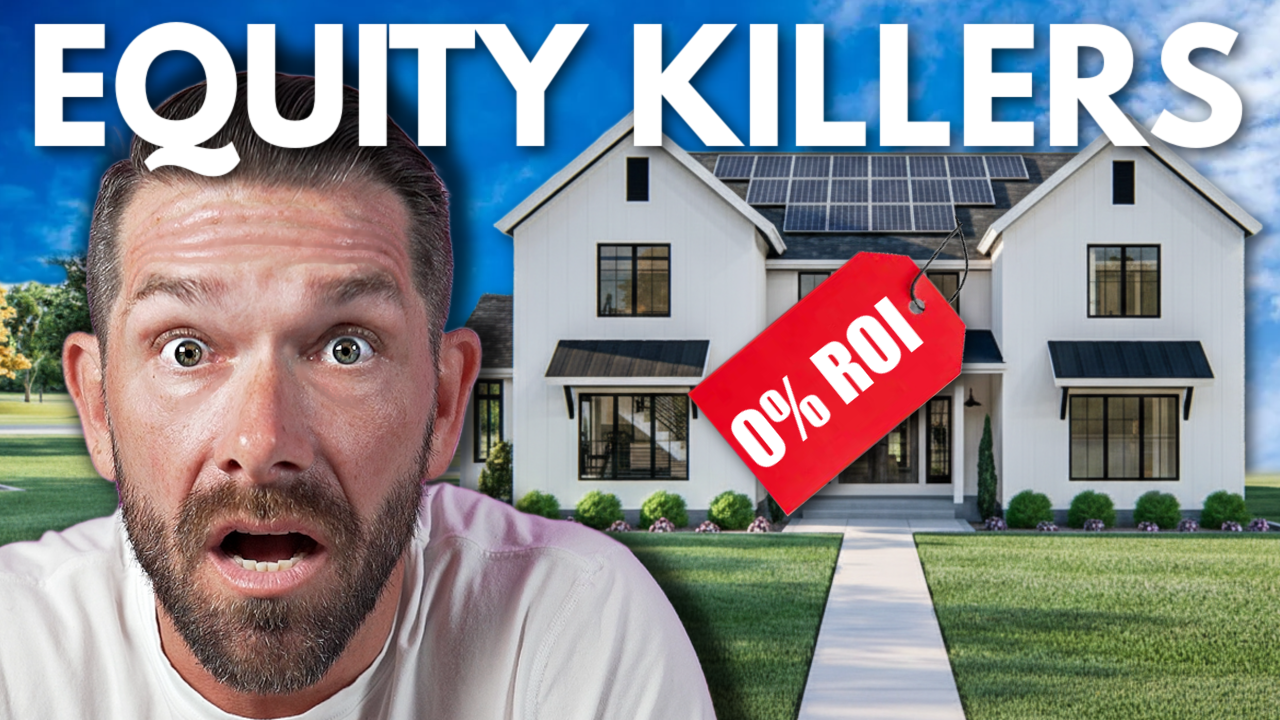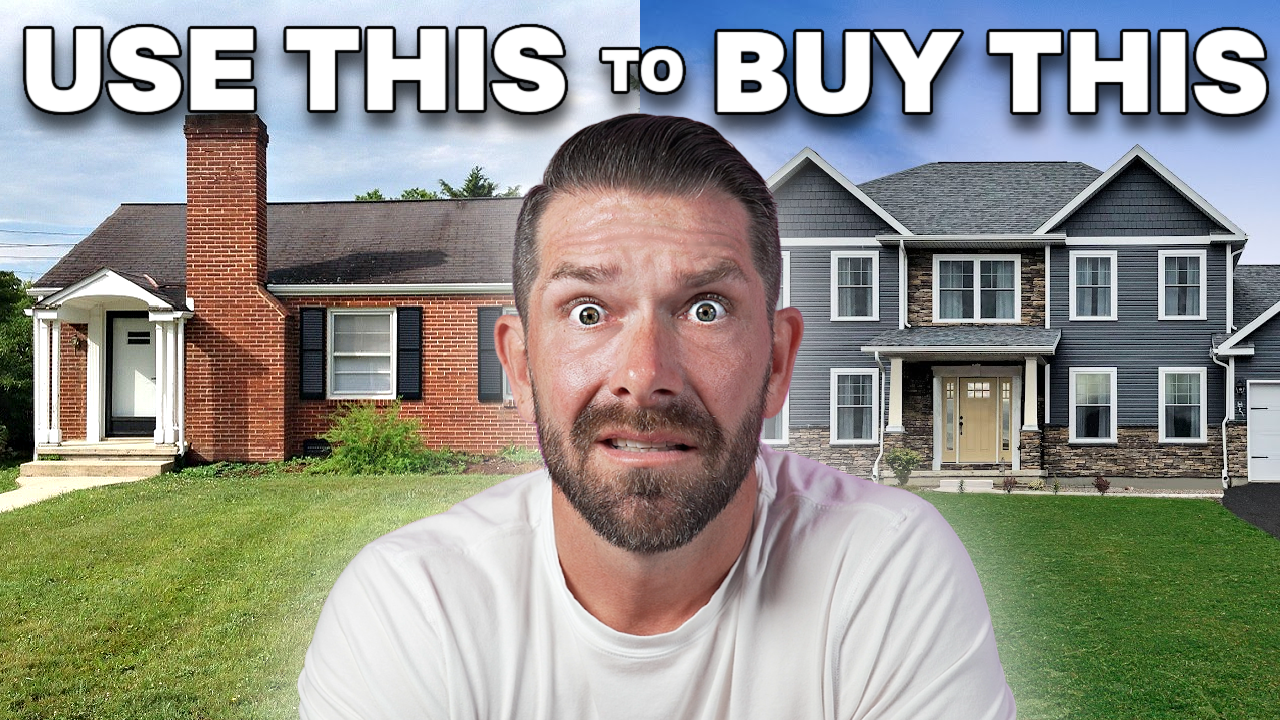NEVER Buy A Condo
Get The Latest OC Housing Report
Never Buy a Condo (Until You Read This)
CTA: Ready to avoid condo pitfalls and find the right home loan? Talk to our team at jebsmith.net/start
Why You Should Never Buy a Condo Without Doing This First
It started with a seemingly harmless Zillow listing: upgraded flooring shown in a photo. The problem? The flooring was never approved by the HOA. That single image ended up costing one of our clients thousands in HOA fines. To make matters worse, the condo lost its Fannie Mae approval right before closing. The buyer had to switch to a more expensive non-QM loan just to get the deal done.
Buying a condo can seem like a smart, affordable option—especially for first-time buyers. But behind that lower price tag is a tangled web of rising costs, restrictive rules, and unpredictable financial obligations. If you're even thinking about buying a condo, this guide will help you avoid the most common (and costly) mistakes.
Table of Contents
- The Hidden Cost of HOA Dues
- Special Assessments: The Financial Wildcard
- SB 326 and the Balcony Law
- How HOA Rules Can Limit Your Freedom
- Shared Walls, Shared Problems
- The Risk of Losing Condo Loan Approval
- How to Vet a Condo Before You Buy
- When a Condo Makes Sense
1. The Hidden Cost of HOA Dues
HOA dues are often overlooked in budgeting. They might seem affordable initially, but they’re almost guaranteed to rise over time. HOA dues typically cover maintenance, landscaping, insurance, and reserve funding for future repairs. But:
- They rise with inflation.
- Vendors increase costs annually.
- Insurance premiums fluctuate.
For instance, in Castle Rock, Colorado, HOA dues in one complex rose from $300 to over $820/month. When that happens, an "affordable" condo becomes anything but.
Pro Tip: Ask for the last 5 years of HOA dues. If they’ve been rising aggressively, that’s a red flag.
2. Special Assessments: The Financial Wildcard
HOA dues cover routine expenses, but when there's not enough money in the reserve fund, the board can impose special assessments. These are lump-sum charges for unexpected repairs or mandatory upgrades.
- Emergency roof replacements
- Major plumbing issues
- Structural code compliance updates (like post-Surfside in Florida)
Some assessments can exceed $100,000 per unit—forcing some owners to sell their homes just to pay off the debt.
How to Protect Yourself:
- Review the HOA’s reserve study
- Check how well the community is funded
- Look for mentions of upcoming assessments in recent meeting minutes
3. SB 326: California's Balcony Law
California homeowners face a new burden under SB 326, known as the Balcony Law. It requires mandatory inspections every 9 years for elevated wooden structures (balconies, decks, stairs). If repairs are needed and reserves are short, guess who pays? You do.
Many older HOAs are now issuing special assessments to comply, which can delay closings or derail sales entirely.
Buyers and sellers take note:
- SB 326 compliance is mandatory before a sale can close
- Review inspection status early in your buying process
4. HOA Rules: Where Freedom Goes to Die
You might think you're free to update your condo—it's your home, right? Not quite.
HOAs can (and do) enforce strict rules on everything from exterior paint colors to interior renovations. In one case, a client replaced carpet with the same builder-grade vinyl plank flooring on a third level of his townhome-style condo. The result? Thousands in fines from the HOA.
Why? A board member saw a photo in the Zillow listing and flagged it as unapproved.
The client had to:
- Hire a sound engineer to test noise levels
- Submit test results to the board
- Pay fines just to keep the flooring
Lesson learned: Always check the CC&Rs and architectural guidelines. Even interior upgrades may require board approval.
5. Shared Walls, Shared Problems
Privacy in condos is a luxury. Most units share one or more walls, floors, or ceilings.
The downsides:
- Noise from neighbors (footsteps, cabinet doors, TVs)
- Limited ability to modify your home
- Less control over your environment
If you're set on buying a condo, aim for:
- Top-floor units(no overhead noise)
- End-units(fewer shared walls)
- Units where shared walls are limited to common areas
6. The Risk of Losing Condo Loan Approval
Unlike single-family homes, condos require lender approval. Associations must meet criteria set by Fannie Mae, Freddie Mac, FHA, and VA. If a condo loses approval:
- Buyers must use alternative financing (often at higher rates)
- Fewer buyers qualify
- Sellers may face longer time on market or reduced offers
Condo approval can be lost for:
- Poor reserves
- Inadequate insurance
- High investor ownership
- Deferred maintenance
Action Step: Ask your agent or lender if the condo is currently approved by major financing agencies.
7. How to Vet a Condo Before You Buy
Before you fall in love with that trendy loft or beachside pad, get your hands on:
- CC&Rs (Covenants, Conditions & Restrictions)
- HOA Budget & Financials
- Reserve Study
- Last 12 Months of Meeting Minutes
- Delinquency Rates & Legal Disputes
What to look for:
- High number of delinquent owners
- Frequent or large increases in dues
- Talk of upcoming special assessments
- Low reserve funding (under 30% is a red flag)
8. When a Condo Actually Makes Sense
Despite the risks, not all condos are bad investments. In fact, condos can work if:
- You understand and accept the rules
- You buy in a well-funded, well-managed HOA
- You're in a high-cost market where single-family homes are out of reach
"I've lived in an HOA community for 14 years. I like the uniformity and upkeep it provides. But I've also been on the board and know how important it is to vet the financials and governance before you buy." — Jeb Smith
Final Thoughts: Condos Aren't the Problem. Surprise Costs Are.
Owning a condo isn’t inherently bad. But not knowing what you’re getting into? That’s where the danger lies.
Do your homework. Read the documents. Ask the right questions. And if you’re unsure where to start, we can help.
CTA: Speak with our team to get matched with the right realtor or loan program

